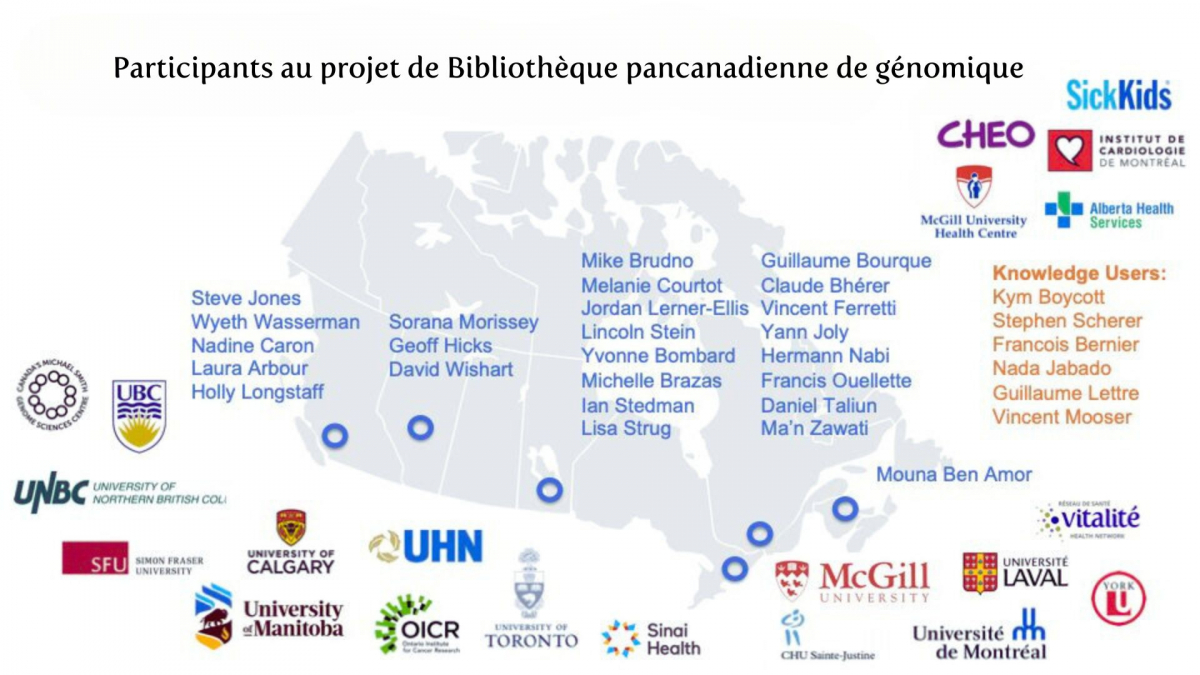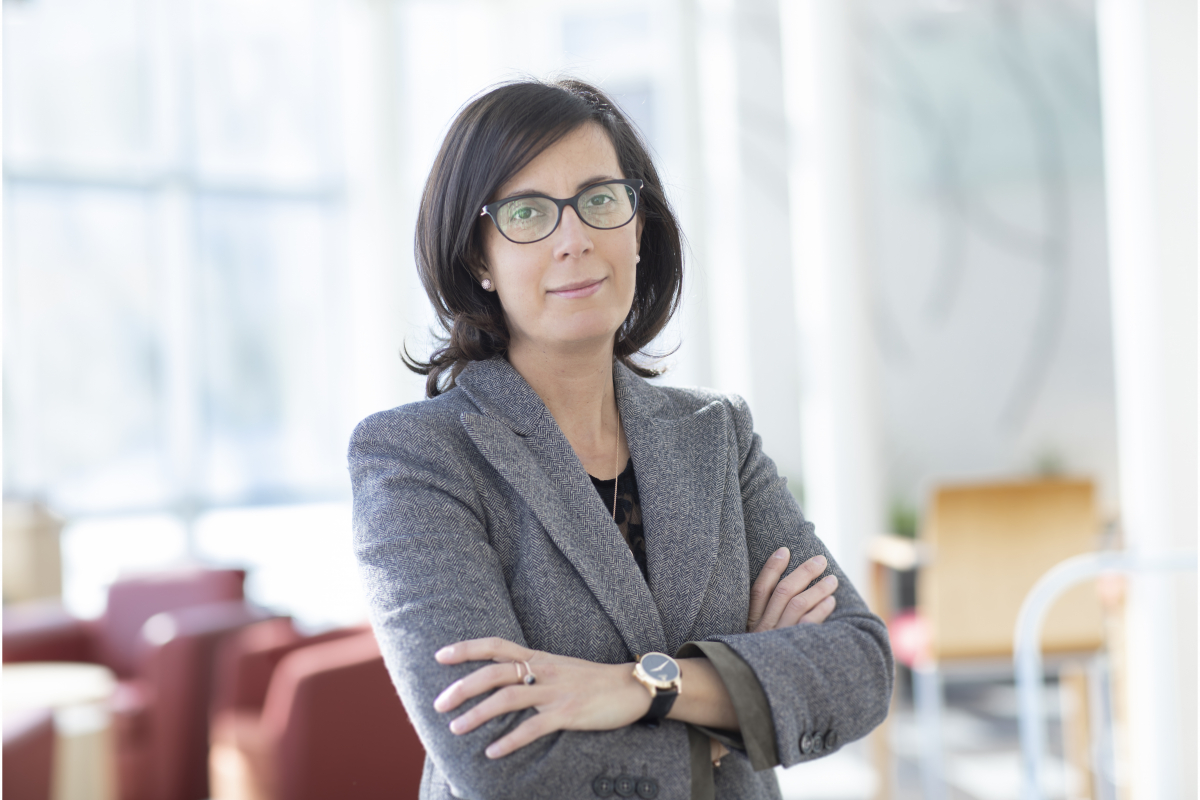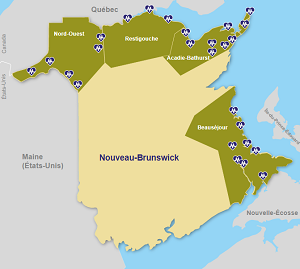Vitalité Health Network participates in establishing a pan-Canadian genome library
Vitalité Health Network, Friday, November 17, 2023 – Vitalité Health Network is joining the efforts to establish a national, centralized genomic data management system. The federal government recently announced a $15 million investment over five years to establish the first Pan-Canadian Genome Library.

The objective is to capture, store and provide access to information on the human genome for the entire country.
Dr. Mouna Ben Amor, geneticist and clinician researcher at the Dr. Georges L.-Dumont University Hospital Centre, is the only researcher from Atlantic Canada to take part in this pan-Canadian project.
“This major initiative will allow us to securely and equitably store the country’s genomic data and facilitate the sharing of this data among researchers at scale,” she explained.
Led by Dr. Guillaume Bourque, Director of Bioinformatics at the McGill Genome Centre, the objective for the project is to capture 50 million genomes by 2025.
Through sequencing, scientists can better understand which genetic mutations cause disease, tailor medical treatments to people’s specific genetic makeup, and find therapies to treat previously incurable conditions, such as rare diseases. This approach promotes more tailored treatment, which makes it possible to predict people’s risk of developing certain diseases and to identify individuals or groups who are predisposed to specific conditions.
Dr. Mouna Ben Amor will participate in the working group on data inclusion and diversity. This group will be tasked with ensuring that all of the country’s regions and communities are represented and that First Nations retain control over their peoples’ genomic data.

Dr. Mouna Ben Amor
“We are striving to promote more diversified and inclusive genomics research that reflects the diversity of people and regions so that genomics-based research becomes a reality for all Canadians,” Dr. Ben Amor explained. “This implies that provinces will be equally represented and will have equal access to this future database.”

